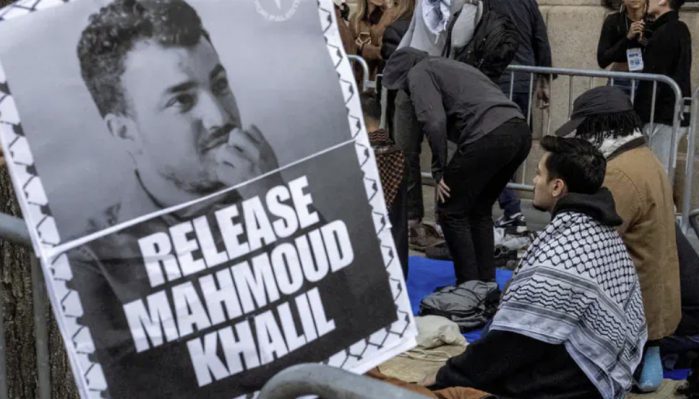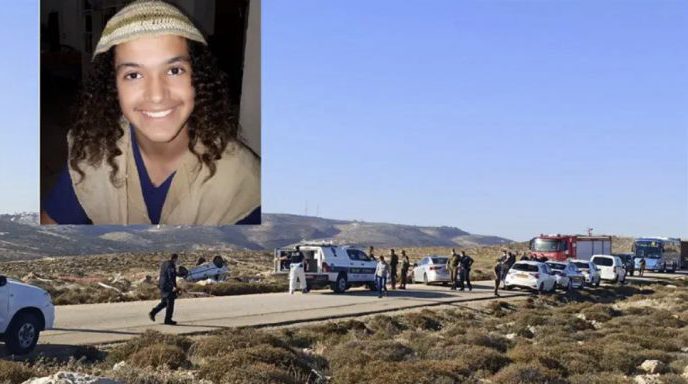Federal judge rules that the Trump administration’s attempt to deport pro-Palestinian activist Mahmoud Khalil is “likely unconstitutional,” though he remains detained.
A federal judge on Wednesday delivered a significant setback to a Trump administration initiative, ruling that the effort to deport pro-Palestinian Arab activist Mahmoud Khalil was “likely unconstitutional”, according to Politico.
However, US District Judge Michael Farbiarz stopped short of ordering Khalil’s immediate release, demanding further legal arguments for his freedom.
Khalil, a legal US resident and recent graduate student from Columbia University, has been held in Louisiana since March without facing any criminal charges. Authorities arrested him at his university residence, initiating deportation proceedings.
The deportation case is being pursued under a statute that allows immigration authorities to expel non-citizens when the Secretary of State “has reasonable ground to believe” their presence could result in “potentially serious adverse foreign policy consequences.”
Secretary of State Marco Rubio issued a two-page memorandum—undated and classified as confidential—alleging that Khalil’s activism, including his involvement in campus protests, contributed to a hostile climate for Jewish students and thus warranted removal from the country. “Antisemitic protests and disruptive activities” were cited in the memo as justification for the deportation proceedings.
The Trump administration has asserted that foreign students and green card holders who support Palestinian Arab activism or oppose Israeli policies risk undermining US diplomatic priorities, especially during the ongoing conflict in Gaza.
Khalil’s legal team disputes the administration’s use of the law, arguing that his statements and activities fall under constitutionally protected speech.
Judge Farbiarz issued a 106-page decision on Wednesday, concluding that Rubio likely acted unconstitutionally in employing the rarely used provision.
According to the judge, Rubio “never explained whether Khalil’s activities affected US relations with any other country,” leading Farbiarz to deem the use of the provision “unconstitutionally vague.” The judge stated, “An ordinary person would have had no real inkling that a Section 1227 removal could go forward in this way,” referring to the specific section of federal law.
Despite this finding, Farbiarz stated that Khalil’s release is not automatic, requesting additional information on issues including the government’s assertion that Khalil omitted relevant information, such as his membership in several organizations, during his green card application.
The government specifically accuses Khalil of failing to disclose on his residency application what it described as his “membership” in the United Nations’ Palestinian refugee agency, UNRWA.
Khalil has rejected the allegations and framed his detention as retaliation for his political views.
Meanwhile, an immigration judge in Louisiana has ruled that Khalil can be deported as a national security risk. Khalil is expected to appeal this decision.





